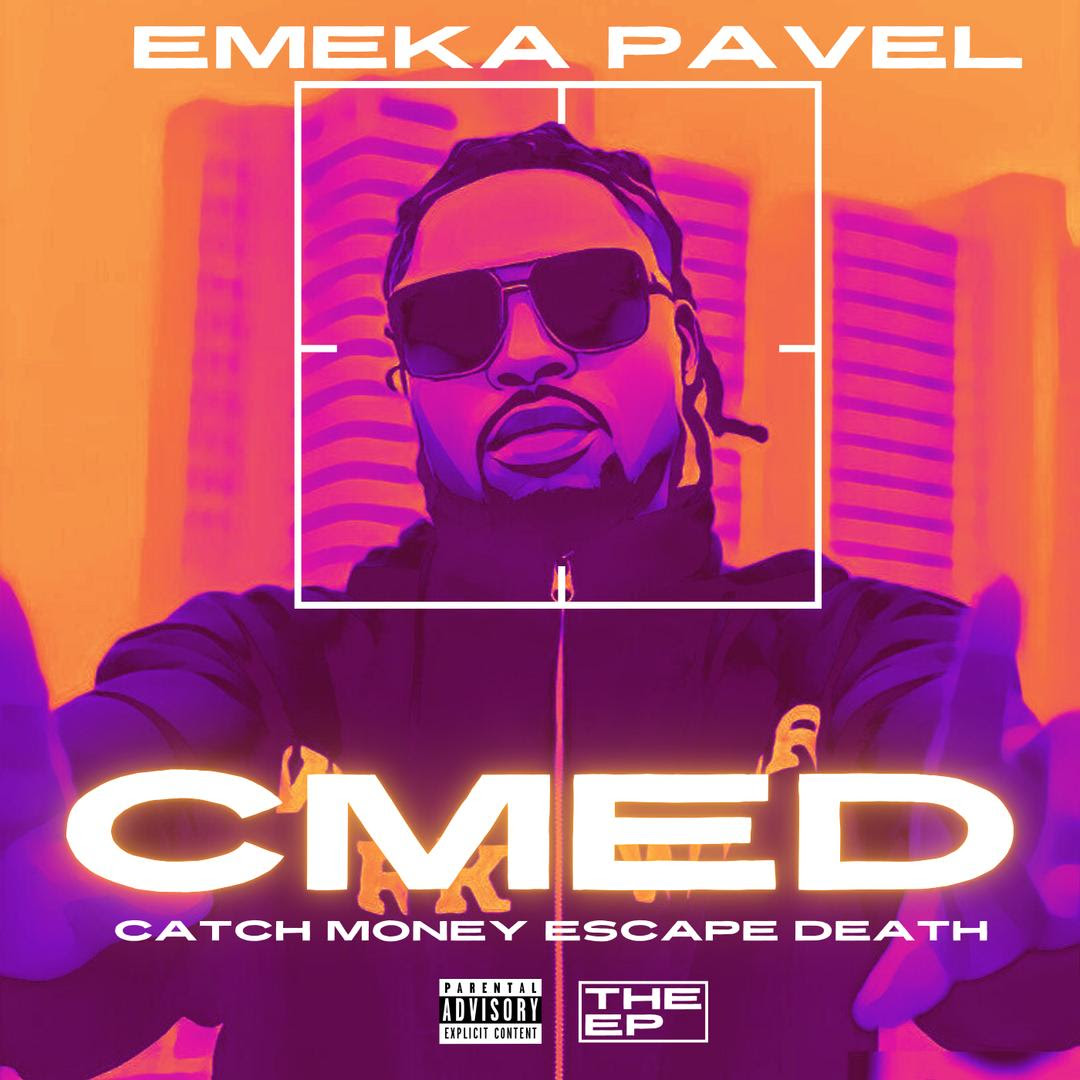Cellulant on course to drive financial services innovation


The need to link more people, especially in the rural areas , to financial services providers has brought about the upsurge in the use of financial technology in many parts of the world .
The growing presence of financial technology , or Fintech , companies is helping to deepen financial inclusion , with banks also investing in their own digital operations to build new ways of banking .
Fintech is the new technology and innovation that aims to compete with traditional financial methods in the delivery of financial services , according to Wikipedia . com .
The International Finance Corporation , in its ‘ Digital Access : The Future of Financial Inclusion in Africa ’ report , noted that the launch and growth of digital financial services in Africa had led to an unprecedented increase in the number of people enjoying access to formal financial services.
“ While East Africa has long been the star performer in terms of the evolution of digital financial services , West Africa is the new growth market . Not only in terms of reach, but also for innovation … Fintechs have sprung up from Dakar to Lagos , and the regulatory environment continues to improve , ” IFC Head , Financial Institutions Group Advisory, sub -Saharan Africa , Riadh Naouar , said in the report .
In 2010 , Nigeria made a commitment to reduce the adult financial exclusion rate in the country from 46 . 3 per cent to 20 per cent by 2020 , and the National Financial Inclusion Strategy was launched on October 23 , 2012 in order to attain the target .
Cellulant , a digital payments service provider , is one of the Fintechs committed to pushing the frontiers of innovation to reduce the number of the unbanked and underbanked in the country.
“ Our own paradigm is that a structured network, which we call neighbourhood banking , is taken to these people to financially include them and then we will do a lot of community sensitisation because even the urban excluded , which you might call the poor or the inner – city poor , are also organised into communities , ” the Chief Executive Officer , Cellulant Nigeria Limited , Mr Bolaji Akinboro , tells our correspondent .
He adds , “ We take financial inclusion to them so that we can plug them into the ecosystem formally . In Lagos alone , you have got over four million customers that you could plug in , and we are going to come after them. But our own strategy is we want to start from where there is the maximum upside , which is northern Nigeria and then start coming down South. ”
The Central Bank of Nigeria said in the exposure draft of the ‘ National Financial Inclusion Strategy Refresh’ report that 58 . 4 per cent of the nation’ s 96 . 4 million adults were financially served in 2016 , compared to a target of 69 . 5 per cent – leaving 41 . 6 per cent ( about 40 . 9 million adults ) financially excluded .
The regulator makes policies, and when you look at our policy framework , it is one of the best in the African continent but the policies are not yielding results because the private sector people are not deploying capital . And why are they not deploying capital ? It is because when you look at pricing regime, the regulator is prescriptive in terms of pricing and private businesses do not work that way . You create room for private businesses to innovate , ” Akinboro says .
According to him , one of the big challenges facing financial inclusion is that there is a conflict between the policy environment and the profit requirements of businesses .
He says , “If the regulator can allow a bit more leniency in terms of pricing and tariff innovation , you are going to begin to see growth . But if it insists on the prescriptive regime, it will not achieve growth. ”
The Cellulant co – founder says the Federal Government of Nigeria , using the company ’ s technology , solved one of the major problems in the rural areas in the country – identity management .
Akinboro says , “ We have KYC 1 / KYC 2 , meaning you have the details of the person , name , identity , location , address , and partial biometrics , and we have a picture for the person . So , that database is huge database with over 17 million farmers . We also built the profile database of service points across the country.
“ If you want to deliver services to farmers in Nigeria , what are the optimal places to do that ? We also built the database of the community actors , who are the people in the communities that you require to render services. ”
According to him , telecommunication companies in Nigeria are unable to help enhance financial inclusion because they do not have a distribution channel .
He says , “ A distribution channel means a network of service points that you control end to end. What the telecom companies in Nigeria have is a sales channel . A sales channel and a distribution channel are not the same. ”
Akinboro stresses the need for companies to innovate in terms of merging structures in order to create the required momentum.
He says , “People selling recharge cards and mobile phone accessories are the ones they are hoping on to become mobile money agents; it is a totally false hope .
“ Gross payment values in Nigeria are very high . When somebody says I want to do a mobile money transaction , the gross payment value is much higher than in other parts of Africa . The gross payment value per transaction is as high as $ 50 – $ 100 , which is equivalent to N 15 , 000 – N30 , 000 . So , if you are to attend to 10 people in a day , you actually need physical cash of N 300 , 000 or electronic float of N300 , 000 .
“ Those men selling charging cables , etc, are just trading with their working capital of about N50 , 000 to N60 , 000 , so you begin to see the liquidity challenges . ”
The Cellulant CEO also highlights the need for a new paradigm of banking .
He says , “ Our own paradigm is neighbourhood banking , and the paradigm is: your banker is your neighbour and your neighbour is an operator of a micro bank branch.
“ We innovate on what I call low – entry account , accounts that are easy to open , and we allow people in rural areas to function based on a level I call KYC level 2 and second degree verification.
Akinboro adds , “ For example , if I wanted to collect a national ID card , you have asked me to bring certain supporting documents to prove that I am who I am but if I am in the rural area , I do not have a bank certificate . The person that can verify that I am who I am is the local leader , so we need to innovate on local identity mechanisms. There has to be innovation in that area in terms of the way we reach them; we keep things simple for them. They are not people in town who require all the complications in town . If we do those things , things will work. ”
He says Cellulant has developed a product , called ‘ TINGG, to solve the problem of economic and financial exclusion at the same time .
“ TINGG is beyond payments and it is beyond people – just having a wallet to store their value. Tingg is about powering financial inclusion through economic inclusion . If you ask me how we describe ourselves as a company , we will say we are stimulants. We power payments for market places that matter to Nigerians and those market places that matter to Nigerians are agriculture , because Nigeria has 200 million mouths to feed ; and retail open market , because Nigerians go to the open market to do their day – to – day purchases , ” Akinboro adds .
Source PUNCH .
Do you find Tmaq Media useful? Click here to give us five stars rating!




















